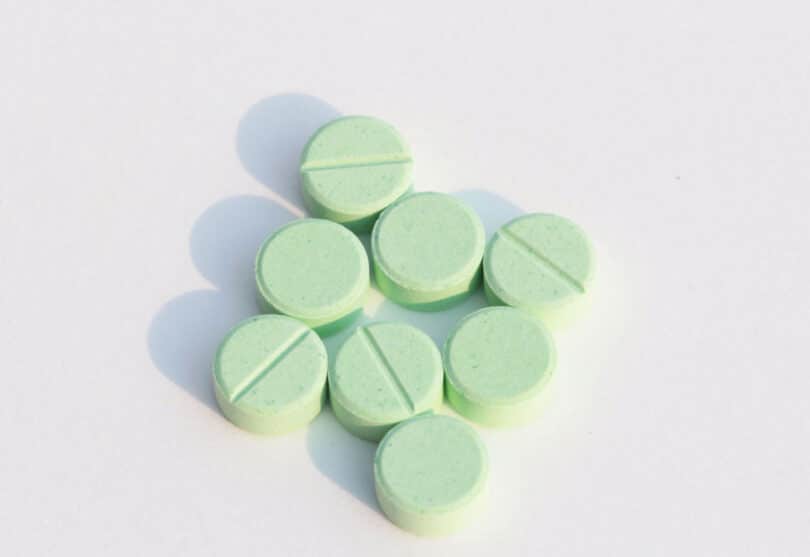Public health officials in the Quebec City region have issued a warning about a synthetic opioid, protonitazepyne, which is 25 times more powerful than fentanyl. Detected in pale green tablets that resemble other prescription opioids, this compound poses a significant overdose risk, potentially requiring multiple doses of naloxone for reversal.
A concerning development has emerged in the Quebec City region, where a synthetic opioid known as protonitazepyne has been identified. This compound, which is 25 times more potent than fentanyl, has been found in pale green tablets that mimic the appearance of other prescription opioids. The Quebec City regional public health authority has highlighted the high risk of overdose associated with protonitazepyne, noting that reversing its effects may necessitate several doses of naloxone, a life-saving medication.
Health Canada first encountered protonitazepyne in 2023, identifying it in a total of 25 drug samples by year’s end. Since the beginning of 2024, the presence of this compound has been increasingly noted in the Montreal area. Although no overdoses in the Quebec City region have been directly linked to these tablets, the threat they pose is considered very real. Dr. Anne-Frédérique Lambert-Slythe, associated with the Quebec City public health authority, emphasized the grave overdose risk for individuals consuming these tablets.
Adding to the concern, protonitazepyne does not register on test strips designed to detect fentanyl, complicating efforts to identify and mitigate its dangers. Public health officials are advising those who use drugs to never do so alone and to have naloxone readily available, which can be obtained for free at pharmacies.
Why It Matters: The emergence of protonitazepyne underscores the evolving and increasingly perilous landscape of synthetic opioids. Its ability to evade detection by standard fentanyl test strips further complicates public health responses to the opioid crisis, highlighting the need for heightened awareness and preparedness among both drug users and health professionals.
Potential Implications: The presence of protonitazepyne in Quebec signals a worrying trend in the proliferation of potent synthetic opioids. This development could lead to an increase in overdose incidents, stressing the importance of accessible naloxone and the development of more sophisticated drug testing methods to combat this new threat.
Source: Montreal CTV News







